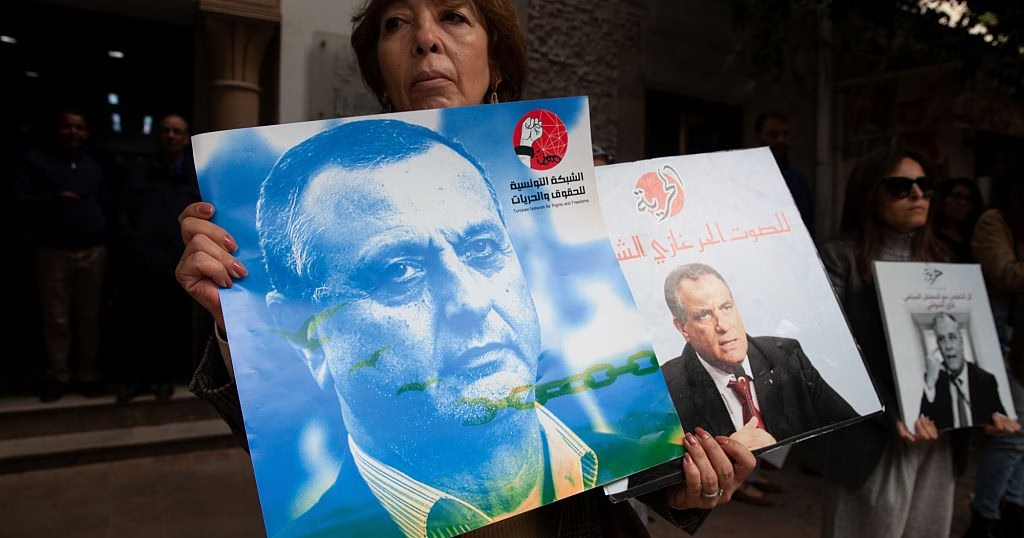A stark warning has been issued by Human Rights Watch, revealing that Tunisia has significantly escalated its use of politically motivated arrests and prosecutions to silence critics. This move is seen as a major rollback of the freedoms gained during the country’s 2011 revolution. According to the organization, authorities have been targeting lawyers, judges, journalists, and activists who dare to speak out against President Kais Saied.
Bassam Khawaja, HRW’s deputy Middle East and North Africa director, condemned the actions, stating, “Not since the 2011 revolution have Tunisian authorities unleashed such repression.” He further emphasized that Saied’s government has dragged the country back to an era of political prisoners, stripping Tunisians of their hard-won civil liberties. The latest tally shows that over 50 individuals are currently detained on political grounds, with 22 being held arbitrarily and 14 facing charges that could lead to the death penalty if convicted.
The report highlights a disturbing trend where the judicial system has been manipulated to consolidate power. Since 2021, President Saied has taken drastic measures, including suspending parliament, rewriting the constitution, and exerting control over the judiciary, all under the guise of addressing the COVID-19 pandemic and domestic political crises. This has resulted in a stranglehold on the judiciary, raising serious concerns about the fairness of trials for those detained.
The most recent example of this crackdown is the reelection of President Saied in a landslide last October, a campaign marked by the imprisonment, exclusion from the ballot, or jailing of his most prominent opponents. The report also cites the use of military courts and broad accusations, such as threatening state security, as tools to suppress dissent. Decree-Law 54, a cybercrime statute passed in 2022, has become a key instrument in this repression, with at least 28 people, including nine journalists, prosecuted under the law for spreading false information.
Among those arbitrarily detained are notable figures and ordinary citizens. Rached Tamboura, a calligraphy student, was imprisoned for graffiti that denounced Saied’s treatment of Black migrants. Right-wing politician Abir Moussi and several members and former officials of the Islamist party Ennahda, which has been sidelined under Saied’s rule, are also being held. The most prominent detainee is Rached Ghannouchi, the former leader of Ennahda, who was arrested in 2023 and is now facing multiple charges. His family has reported that some of his requests for routine medical care have been denied.
The situation in Tunisia paints a bleak picture of a country sliding back into authoritarianism, where the freedom to criticize the government is met with severe repercussions. As the international community watches, it remains to be seen how the Tunisian authorities will respond to these allegations and whether they will take steps to restore the civil liberties that once defined the country’s path towards democracy.
